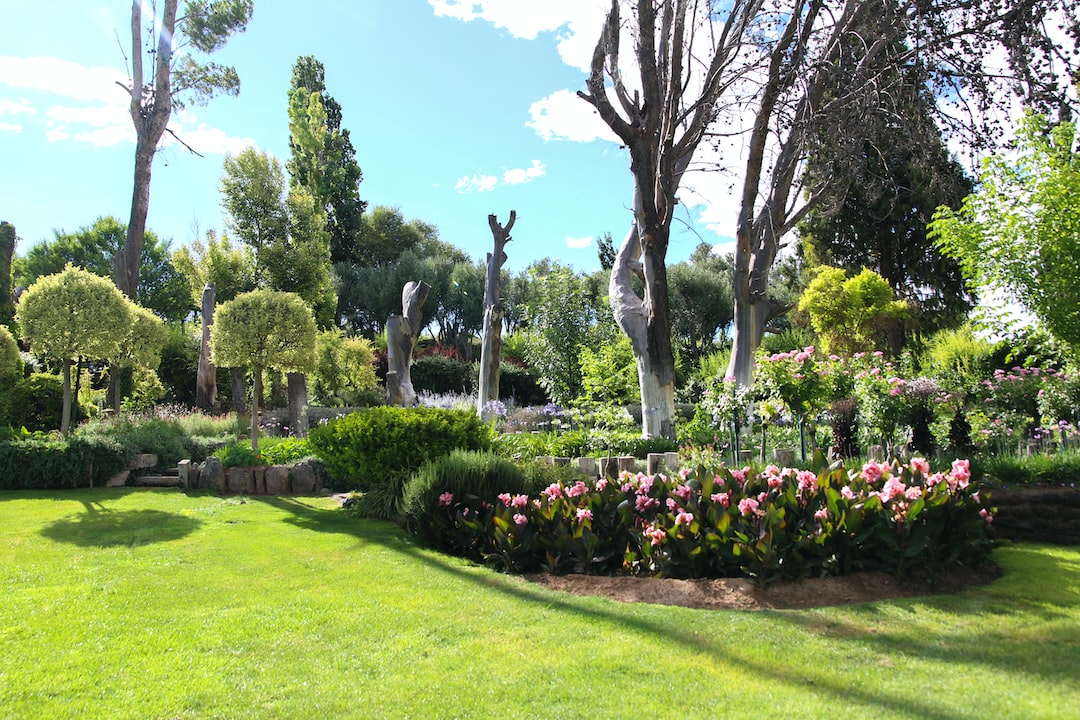Essential Tips for Watering Your Garden
A well-watered garden is the secret to vibrant, healthy plants. Knowing the right techniques and considerations for watering can make a significant difference in the success of your garden. In this blog post, we will discuss essential tips that will help you achieve optimal watering for your plants.
1. Understand Your Plants’ Water Needs
Different plants have different water requirements. Some plants prefer moist soil, while others thrive in drier conditions. It is crucial to understand the specific needs of your plants and group them accordingly. This practice, known as hydrozoning, allows you to water plants with similar water requirements together, making it easier to ensure they receive the appropriate amount of water.
2. Watering Frequency
Knowing when to water your garden is just as important as how much water to give. Rather than adhering to a strict watering schedule, it is best to monitor the soil moisture levels and water as needed. Inserting your finger into the soil up to the second joint will help you determine if it requires watering. If the soil feels dry at that depth, it’s time to water.
3. Water at the Right Time
Watering your garden during the cooler parts of the day is ideal. Early morning or late evening is when temperatures are lower, allowing the water to soak into the soil before evaporating. Avoid watering during the hottest part of the day, as the water droplets can act as magnifying glasses, potentially damaging the leaves of your plants.
4. Deep Watering
Shallow watering only saturates the surface of the soil, leading to shallow root growth. Deep watering encourages roots to grow deeper, making plants more resilient during dry periods. A good practice is to provide a slow, deep watering session once or twice a week rather than frequent shallow waterings. This ensures that the water reaches the plant’s root zone, promoting strong and healthy growth.
5. Use Mulch to Retain Moisture
Mulching your garden is one of the best ways to conserve water. A layer of organic mulch, such as wood chips, straw, or leaves, helps retain moisture in the soil, reducing evaporation and weed growth. Additionally, mulch acts as an insulator, keeping the soil temperature cooler during hot weather. Apply a layer of mulch around your plants, leaving a small gap around the stem to prevent rot.
6. Utilize Drip Irrigation or Soaker Hoses
Drip irrigation and soaker hoses are efficient watering methods that deliver water directly to the base of the plants. These systems minimize water wastage through evaporation and only target the areas that need watering, preventing unnecessary water consumption. They also help minimize the risk of fungal diseases since the foliage remains dry.
7. Rainwater Harvesting
Utilizing rainwater, especially during the rainy season, is an excellent eco-friendly approach to watering your garden. Installing rain barrels or a rainwater harvesting system allows you to collect rainwater that can be used for irrigation. Rainwater is naturally soft and devoid of chemicals, making it an ideal choice to hydrate your plants.
8. Overwatering Prevention
Overwatering can be just as harmful to plants as underwatering. It can lead to root rot, nutrient leaching, and increased weed growth. To prevent overwatering, monitor the soil moisture regularly and water only when needed. Ensure proper drainage, as waterlogged soil can suffocate the roots. Remember, it is better to slightly underwater than overwater, as plants can recover from mild dehydration but may not survive root damage caused by excess water.
In conclusion, watering your garden is a crucial aspect of plant care. By understanding your plants’ water needs, watering at the right time, implementing deep watering techniques, utilizing mulch, opt for efficient irrigation methods, harvesting rainwater, and preventing overwatering, you can ensure your garden thrives and blooms beautifully. With these essential tips in mind, you are on your way to becoming a skilled gardener who can efficiently manage and nurture your garden.

